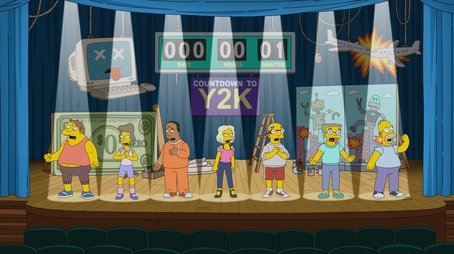
Sorry, we have not watched this yet.

A musical comes to life in Springfield as Marge stages a revival of her beloved high school show - but her wonderful memories are threatened by the return of a rival from the past.
Sorry, we have not watched this yet.